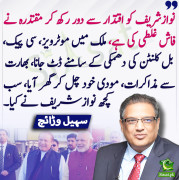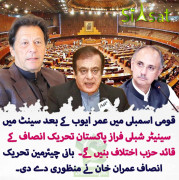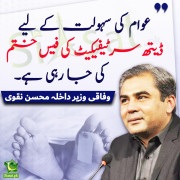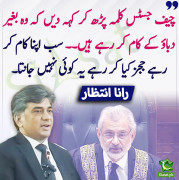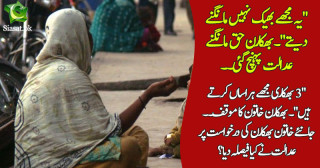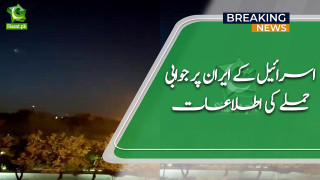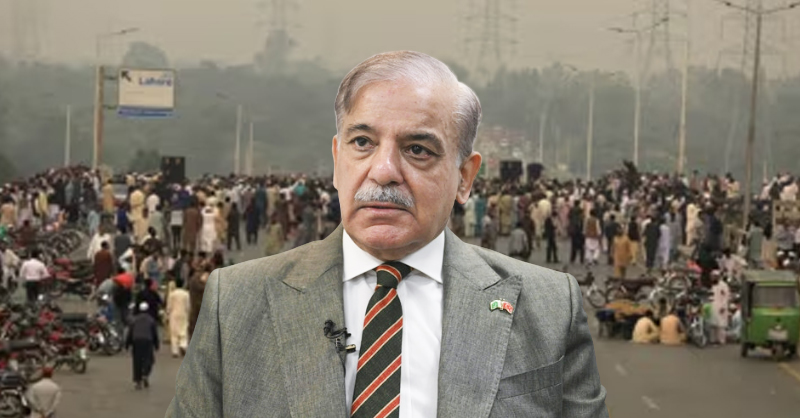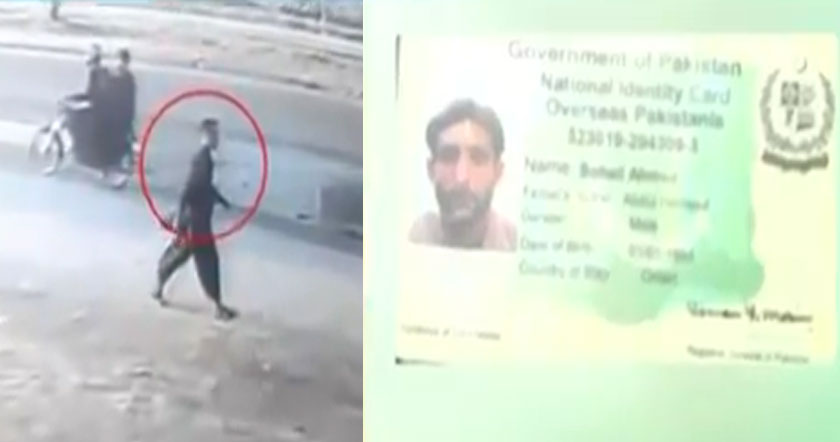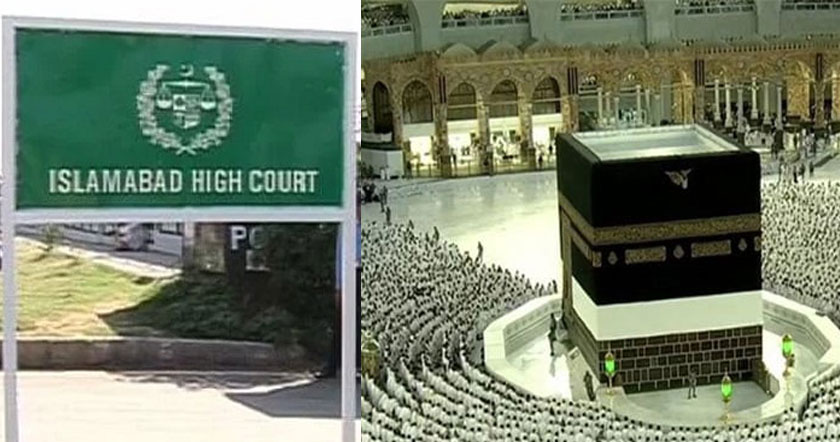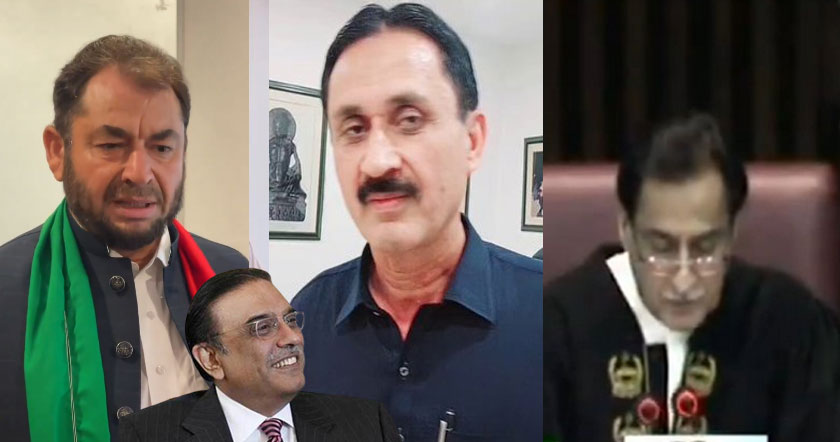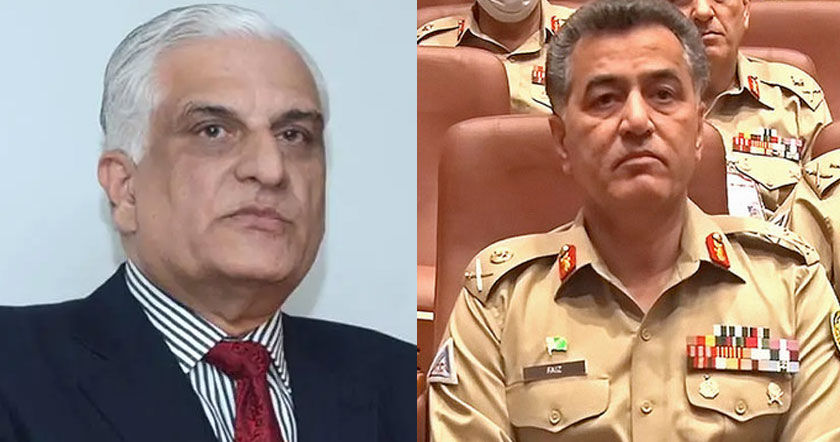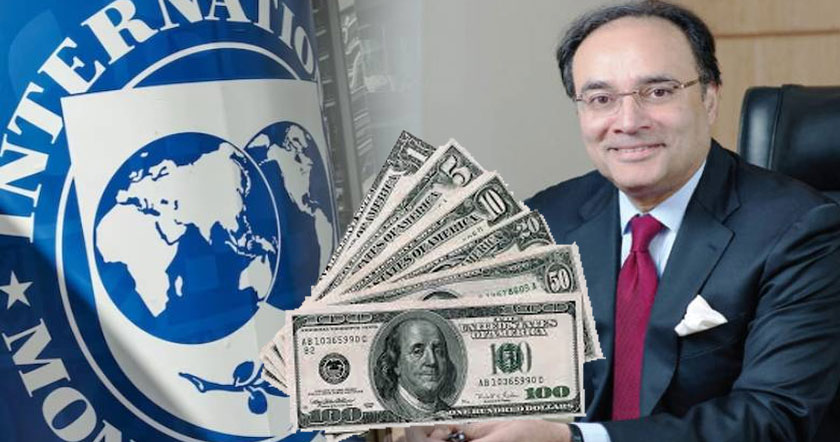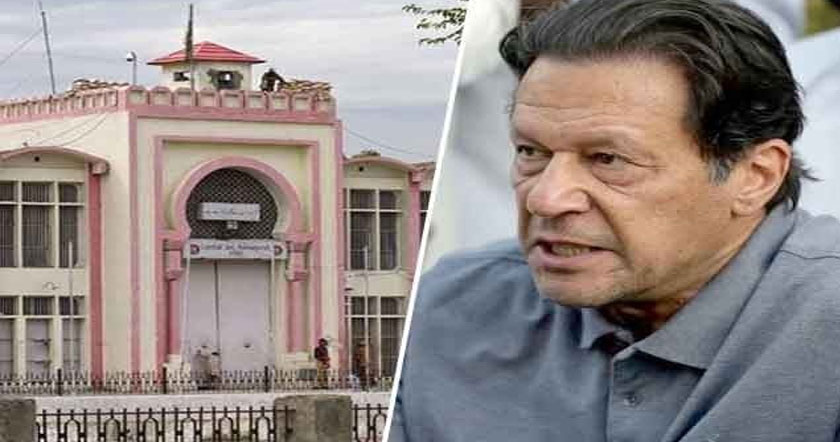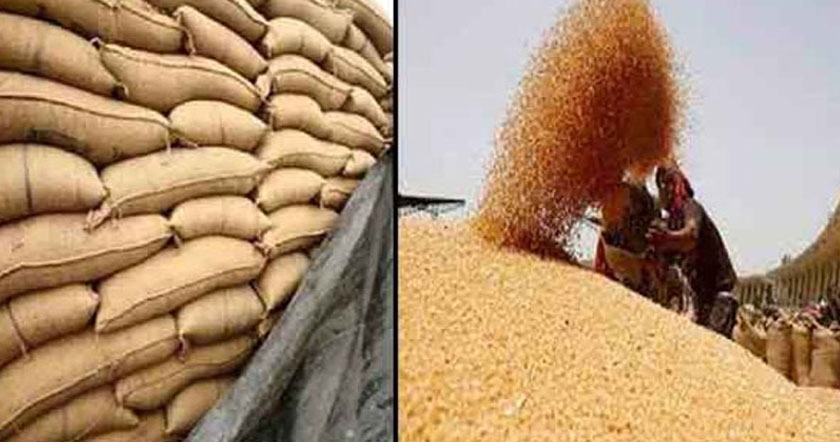RUK, Pakistan — Resplendent in his gleaming white uniform and peaked cap, jacket buttons tugging his plump girth, the stationmaster stood at the platform, waiting for a train that would never come. “Cutbacks,” Nisar Ahmed Abro said with a resigned shrug.
Ruk Station, in the center of Pakistan, is a dollhouse-pretty building, ringed by palm trees and rice paddies. Once, it stood at the junction of two great Pakistani rail lines: the Kandahar State Railway, which raced north through the desert to the Afghan border; and another that swept east to west, chaining cities from the Hindu Kush mountains to the Arabian Sea.
Now it was a ghost station. No train had stopped at Ruk in six months, because of cost cutting at the state-owned rail service, Pakistan Railways, and the elegant station stood lonely and deserted. Idle railway men smoked in the shadows. A water buffalo sauntered past.
[h=6]Andrea Bruce for The New York Times[/h]Nisar Ahmed Abro. Click to Enlarge
Mr. Abro led the way into his office, a high-ceilinged room with a silent grandfather clock. Pouring tea, he mopped sweat from his brow. The afternoon heat was rising, and the power had been down for 16 hours — nothing unusual in Pakistan these days.
Opposite him, Faisal Imran, a visiting railway engineer, listened sympathetically to the mournful stationmaster. This was about more than just trains — more than the decrepit condition of the once-mighty state railway service, Mr. Imran said. It was about Pakistan itself.
“The railways are the true image of our country,” he said, sipping his tea in the heat. “If you want to see Pakistan, see its railways.”
For all the wonders offered by a train journey across Pakistan — a country of jaw-dropping landscapes, steeped in a rich history and filled with unexpected pleasures — it also presents some deeply troubling images.
At every major stop on the long line from Peshawar, in the northwest, to the turbulent port city of Karachi, lie reminders of why the country is a worry to its people, and to the wider world: natural disasters and entrenched insurgencies, abject poverty and feudal kleptocrats, and an economy near meltdown.
The election last weekend was a hopeful moment for a struggling democracy, with the party of former Prime Minister Nawaz Sharif winning a huge mandate amid record voter turnout of nearly 60 percent. But the voting left undecided the larger battle against popular disillusionment. In a country forged on religion, Pakistanis are losing faith. People are desperate for change — for any improvement their proudly nuclear-armed government could make, yet has not.
[h=6]Andrea Bruce for The New York Times[/h]Passengers crossed railroad tracks in central Pakistan. Click to Enlarge
Chronic electricity shortages, up to 18 hours per day, have crippled industry and stoked public anger. The education and health systems are inadequate and in stark disrepair. The state airline, Pakistan International Airlines, which lost $32 million last year, is listing badly. The police are underpaid and corrupt, and militancy is spreading. There is a disturbing sense of drift.
This failure is the legacy of decades of misadventure, misrule and misfortune under both civilian and military leaders, but its price is being paid by the country’s 180 million people.
To them, the dire headlines about Taliban attacks and sterile arguments about failed states mean little. Their preoccupations are mundane, yet vitally important. They want jobs and educations for their children. They want fair treatment from their justice system and electricity that does not flicker out.
And they want trains that run on time.
Peshawar: The Scarred City
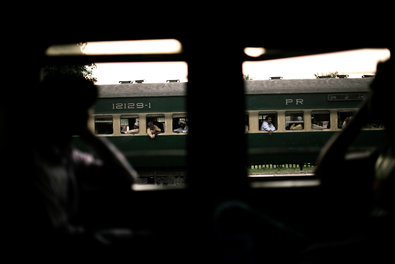
[h=6]Andrea Bruce for The New York Times[/h]The Awami Express passed another train at a station between Peshawar and Karachi.
At the journey’s beginning, policemen wielding AK-47s guard the train station in Peshawar, on the cusp of craggy mountains that climb into Afghanistan — one of about 40 such checkposts in a city that has long been a hub of intrigue, but that now finds itself openly at war. Since the first Taliban attacks about six years ago, the city has faced a relentless barrage of suicide bombings. No place can claim immunity: five-star hotels and religious shrines, bustling markets and the international airport, police stations and foreign consulates. Hundreds of people have died.
http://www.nytimes.com/2013/05/19/world/asia/pakistans-railroads-sum-up-nations-woes.html
Ruk Station, in the center of Pakistan, is a dollhouse-pretty building, ringed by palm trees and rice paddies. Once, it stood at the junction of two great Pakistani rail lines: the Kandahar State Railway, which raced north through the desert to the Afghan border; and another that swept east to west, chaining cities from the Hindu Kush mountains to the Arabian Sea.
Now it was a ghost station. No train had stopped at Ruk in six months, because of cost cutting at the state-owned rail service, Pakistan Railways, and the elegant station stood lonely and deserted. Idle railway men smoked in the shadows. A water buffalo sauntered past.
[h=6]Andrea Bruce for The New York Times[/h]Nisar Ahmed Abro. Click to Enlarge
Mr. Abro led the way into his office, a high-ceilinged room with a silent grandfather clock. Pouring tea, he mopped sweat from his brow. The afternoon heat was rising, and the power had been down for 16 hours — nothing unusual in Pakistan these days.
Opposite him, Faisal Imran, a visiting railway engineer, listened sympathetically to the mournful stationmaster. This was about more than just trains — more than the decrepit condition of the once-mighty state railway service, Mr. Imran said. It was about Pakistan itself.
“The railways are the true image of our country,” he said, sipping his tea in the heat. “If you want to see Pakistan, see its railways.”
For all the wonders offered by a train journey across Pakistan — a country of jaw-dropping landscapes, steeped in a rich history and filled with unexpected pleasures — it also presents some deeply troubling images.
At every major stop on the long line from Peshawar, in the northwest, to the turbulent port city of Karachi, lie reminders of why the country is a worry to its people, and to the wider world: natural disasters and entrenched insurgencies, abject poverty and feudal kleptocrats, and an economy near meltdown.
The election last weekend was a hopeful moment for a struggling democracy, with the party of former Prime Minister Nawaz Sharif winning a huge mandate amid record voter turnout of nearly 60 percent. But the voting left undecided the larger battle against popular disillusionment. In a country forged on religion, Pakistanis are losing faith. People are desperate for change — for any improvement their proudly nuclear-armed government could make, yet has not.
[h=6]Andrea Bruce for The New York Times[/h]Passengers crossed railroad tracks in central Pakistan. Click to Enlarge
Chronic electricity shortages, up to 18 hours per day, have crippled industry and stoked public anger. The education and health systems are inadequate and in stark disrepair. The state airline, Pakistan International Airlines, which lost $32 million last year, is listing badly. The police are underpaid and corrupt, and militancy is spreading. There is a disturbing sense of drift.
This failure is the legacy of decades of misadventure, misrule and misfortune under both civilian and military leaders, but its price is being paid by the country’s 180 million people.
To them, the dire headlines about Taliban attacks and sterile arguments about failed states mean little. Their preoccupations are mundane, yet vitally important. They want jobs and educations for their children. They want fair treatment from their justice system and electricity that does not flicker out.
And they want trains that run on time.
Peshawar: The Scarred City

[h=6]Andrea Bruce for The New York Times[/h]The Awami Express passed another train at a station between Peshawar and Karachi.
At the journey’s beginning, policemen wielding AK-47s guard the train station in Peshawar, on the cusp of craggy mountains that climb into Afghanistan — one of about 40 such checkposts in a city that has long been a hub of intrigue, but that now finds itself openly at war. Since the first Taliban attacks about six years ago, the city has faced a relentless barrage of suicide bombings. No place can claim immunity: five-star hotels and religious shrines, bustling markets and the international airport, police stations and foreign consulates. Hundreds of people have died.
http://www.nytimes.com/2013/05/19/world/asia/pakistans-railroads-sum-up-nations-woes.html




